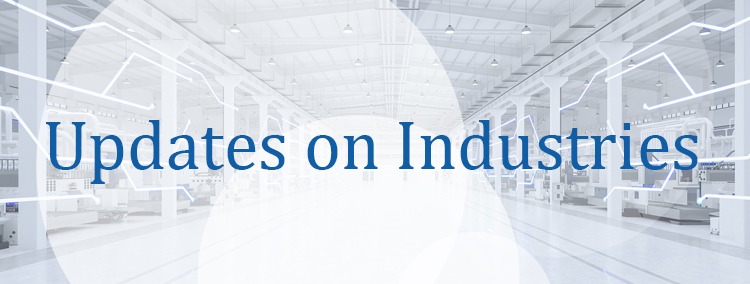Lego upbeat about market prospects in China
By WANG ZHUOQIONG China Daily Updated: Oct 08, 2024

Lego Group remains optimistic about its long-term growth in the Chinese market, focusing on innovation and local relevance, said top official of the global building blocks maker.
The company's CEO Niels B.Christiansen made the comments during a recent trip to Shanghai, and said Lego will continue its investment in the Chinese market.
Over the past decade, the group has achieved significant market share and rapid growth in China — one of its most important markets. The group has opened more than 500 stores in China.
"We have experienced a fantastic journey of growth here, and we strongly believe in the future of the market. There are still many children and families who haven't had the opportunity to experience Lego,"Christiansen said, adding that he has confidence in the company's ability to get back on growth track.
"What matters most is our commitment to the Chinese market and our confidence that we will achieve growth again in China."
To secure future growth, the group plans to continue to expand its operations in China.
A key strategy is the development of culturally relevant products, such as the Lego Monkie Kid series, inspired by the classic Chinese legend Journey to the West.
Christiansen said,"Monkie Kid is unique to the Chinese market and reflects our commitment to ensuring the Lego brand resonates with local consumers. We're proud that Monkie Kid has been well-received in China and we plan to continue developing products that speak to local culture."
The company is also gearing up for the new items for the Chinese New Year, although specific details have not yet been disclosed.
Lego is expanding its physical and digital presence in China. The company has recently added investment in its factory in Jiaxing, Zhejiang province, with the opening of a new processing line, a molding center and two high-bay warehouses, to bolster its supply chain and support future growth.
Retail remains a crucial pillar. The company plans to open more stores, upgrade existing ones and relocate some to better locations to improve customer experiences, said the CEO.
"Stores will continue to play an important role for us, but they'll be complemented by digital and online experiences," Christiansen said.
The company's digital innovation center in Shanghai is not only focusing on the Chinese market, but also contributing to the group's global operations, he added.
The opening of Legoland Shanghai next summer is expected to be a key driver of the company's growth in China. The park is set to be one of the largest and most modern Legoland parks globally.
Globally, the Lego Group has outperformed the broader toy industry globally over the past five to six years, growing at an average 13 to 14 percent, compared to the industry's two percent growth. The company introduced more than 300 new products in the first half of this year alone.
![]()





